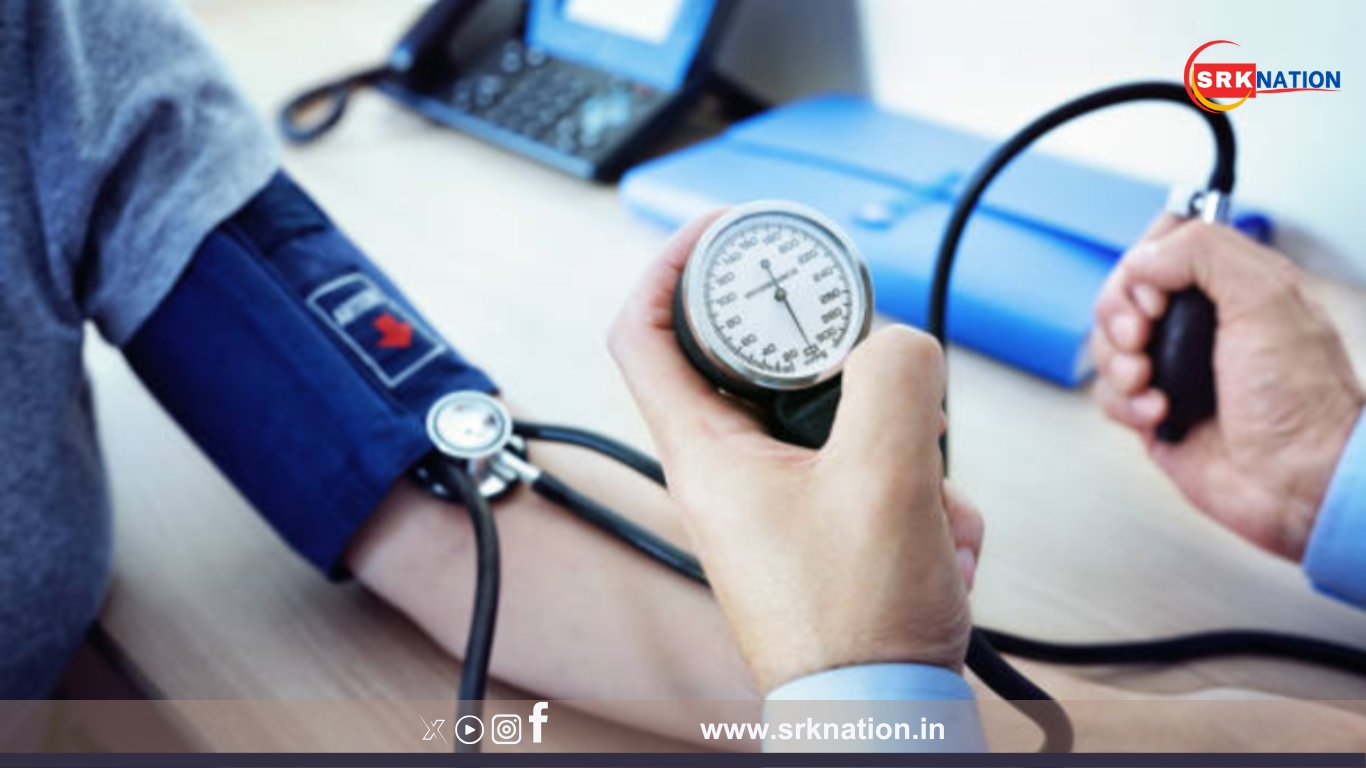Hypertension, commonly known as high blood pressure, is increasingly affecting younger adults due to sedentary lifestyles, stress, poor diets, and lack of sleep. While traditionally considered a condition associated with aging, medical experts warn that an alarming number of individuals in their 20s and 30s are now being diagnosed with hypertension.
6 Early Signs of Hypertension:
- Persistent Headaches
Frequent headaches, especially in the morning, could be an early indicator of rising blood pressure. These headaches tend to be dull and throbbing, often occurring at the back of the head. - Fatigue or Confusion
Feeling exhausted despite adequate sleep or experiencing mental fog could signal hypertension. High blood pressure affects blood flow to the brain, leading to unexplained fatigue and difficulty concentrating. - Blurred Vision
Hypertension can damage the small blood vessels in the eyes, causing vision changes over time. If you experience sudden or persistent blurred vision, it may be a warning sign. - Shortness of Breath
Struggling to catch your breath after minimal activity could indicate cardiovascular complications. Hypertension forces the heart to work harder, potentially leading to heart failure or other serious conditions. - Chest Discomfort or Palpitations
A fluttering sensation in the chest, a racing heartbeat, or tightness could mean your heart is under stress. While not every chest pain signals a heart problem, it’s crucial to monitor associated symptoms. - Frequent Nosebleeds
While nosebleeds can occur for various reasons, recurrent episodes may be linked to high blood pressure. If you experience frequent unexplained nosebleeds, it’s advisable to get your blood pressure checked.
Prevention and Early Detection
Doctors emphasize the importance of regular blood pressure monitoring, especially for individuals with high-stress lifestyles or family histories of hypertension. Early detection through routine health check-ups can prevent long-term complications and protect heart health at any age.
As hypertension continues to affect younger populations, experts urge individuals to adopt healthier habits, including balanced diets, regular exercise, and stress management, to mitigate risks.











